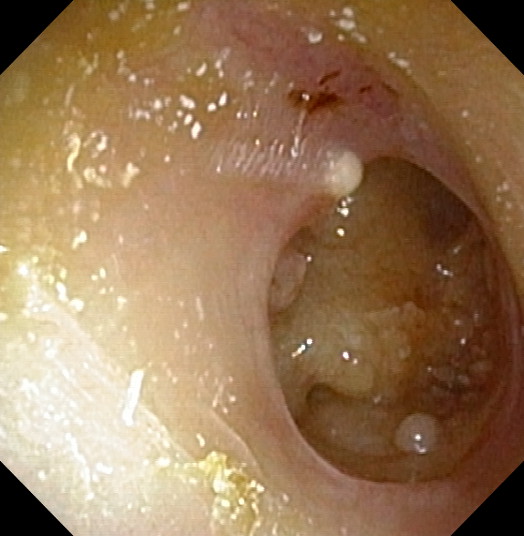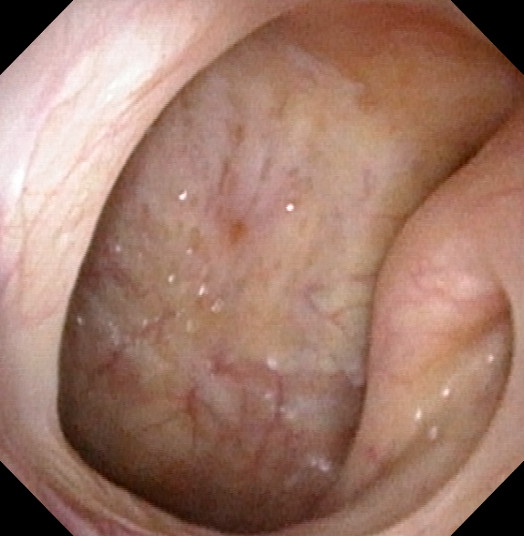Ruptured Eardrum: Help, I’ve got a Hole in my Eardrum!

Have you ever wondered why you need a healthy normal eardrum? The eardrum is a special ear membrane which protects the inner ear structures from infection and it also conducts sound to help you hear clearly. When the eardrum bursts or ruptures, there is a much higher risk of ear infection with hearing loss, ear discharge, dizziness, ringing sounds (tinnitus) and earache. In Singapore, top ENT specialists with a dedicated interest in ear conditions, see many patients who have perforated their eardrums, often due to underlying ear infection. Such patients with ruptured eardrums may also have had some difficulty trying to equalise their ear pressures, for example during a flight or while scuba diving. Forcing your eardrums to “pop” by blowing your nose with the nose pinched shut, may generate extremely high nasal pressures which, if transmitted via the Eustachian pressure tubes connecting to your ears, may lead to a sudden high pressure wave to injure and perforate your eardrum.
Many people love to swim and do water sports in Singapore but sometimes, water may enter the ear through the nose and up back the Eustachian tubes to lead to ear infections. The Eustachian pressure tube is often the source of ear troubles, as it can become inflamed and swollen from underlying nasal allergies (allergic rhinitis), sinus infections and viral attacks from the common cold virus or the flu virus. Interestingly, the Eustachian tube is usually closed in its resting state most of the time and only opens up, perhaps 4% of the entire time, in response to pressure variations at the end opening up at the back of the nose (see Figure 2 below) and the end facing outward towards the middle ear.

Sometimes, barotrauma (pressure injury) results in a perforated eardrum, most commonly during water sports such as scuba diving, where divers can descend as deep as 20m under the sea. Signs of ear barotrauma include sudden ear pain, ringing tinnitus in the ear, dizziness, hearing loss and bleeding from the ear. Some people just notice an ear “pop” sound alone or may even be completely unaware that their eardrum has perforated, until an ENT specialist in Singapore checks their ear to discover the hole in the eardrum during an ENT examination.
Rarely, fluid buildup behind the eardrum might be related to a tumour growing at the back of the nose, which has enlarged to block off the Eustachian pressure tube lumen from deeper within. When the fluid accummulation is excessive, the eardrum may give way to perforate and release the pent-up middle ear pressurised fluid, leading to ear discharge and sometimes, ear pain.
Many ruptured eardrums, if underlying infection has been properly treated, will heal on their own, usually within 6-8 weeks. However, eardrum perforations carry a higher risk of persistent ear discharge and ear infections in Singapore. Eardrum perforations are also often associated with hearing loss. If your ruptured eardrum hasn’t healed in 6-8 weeks, it is less likely to ever heal on its own. This means that you will have to make sure that no water enters your ear as this may lead to ear infection, without an intact eardrum present to protect the delicate structures of the inner ear.
Eardrum perforations which fail to heal or close up by themselves, would need surgery to repair, by taking a healthy piece of tissue, called a “graft”, from the muscle behind your ear or the lining of the cartilage “bump” in front of your ear. For top ENT surgeons in Singapore who perform ear surgery very often, this is one of their favourite surgeries to undertake because there is a very high success rate with tympanoplasty or myringoplasty, surgical repair of the eardrum, as high as 98-99% success rate in uninfected eardrum perforations. This eardrum surgery may be done via the ear canal, sometimes endoscopically with a small camera, but sometimes also by approaching via a small incision in the ear canal or behind the ear for more complicated larger eardrum perforations with scarring.
So the 3 main reasons to consider surgery to repair your eardrum are:
- To prevent further ear infections and stop the smelly yellow ear discharge
- To improve your hearing
- To give you a water-safe ear so that you can swim and dive again without problems
Share this blog via:


